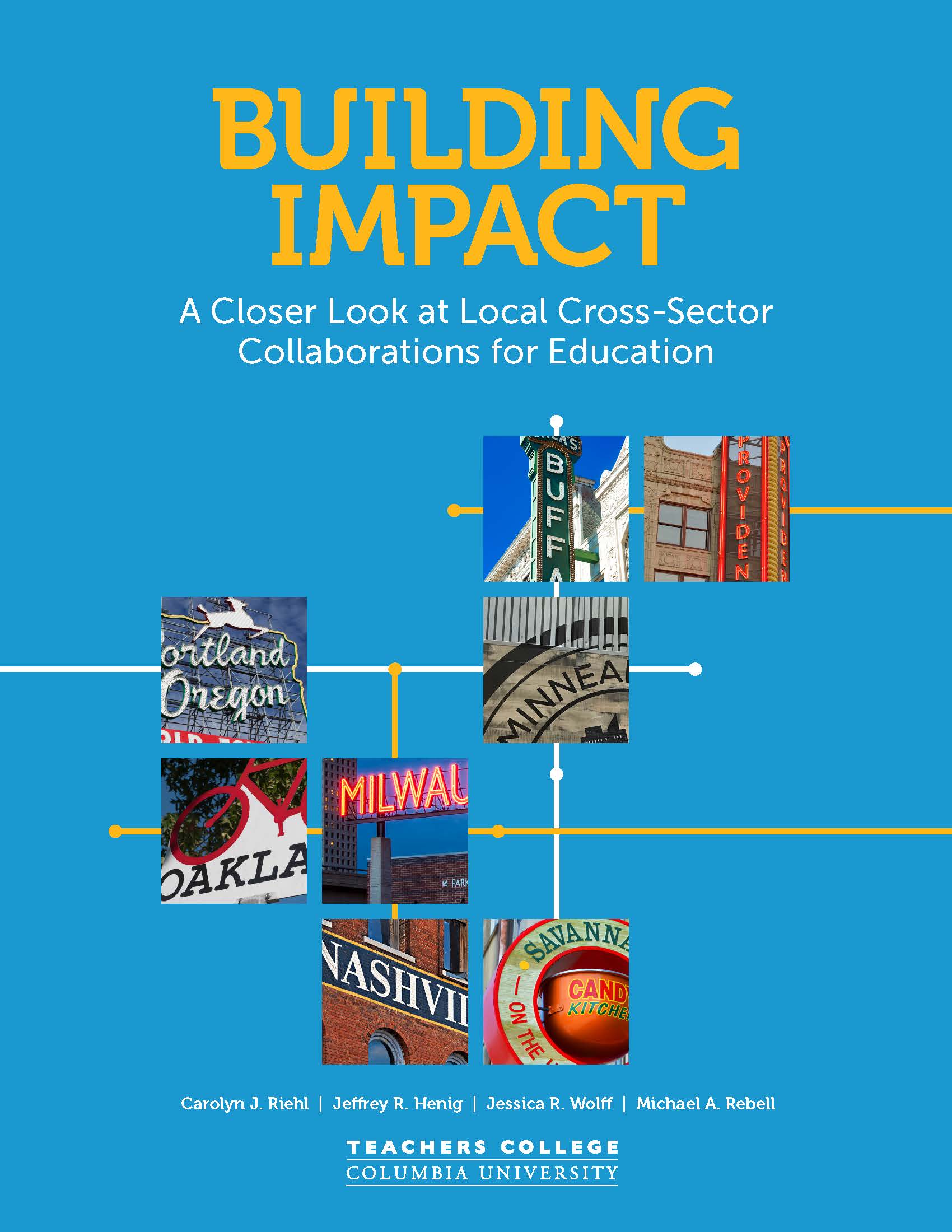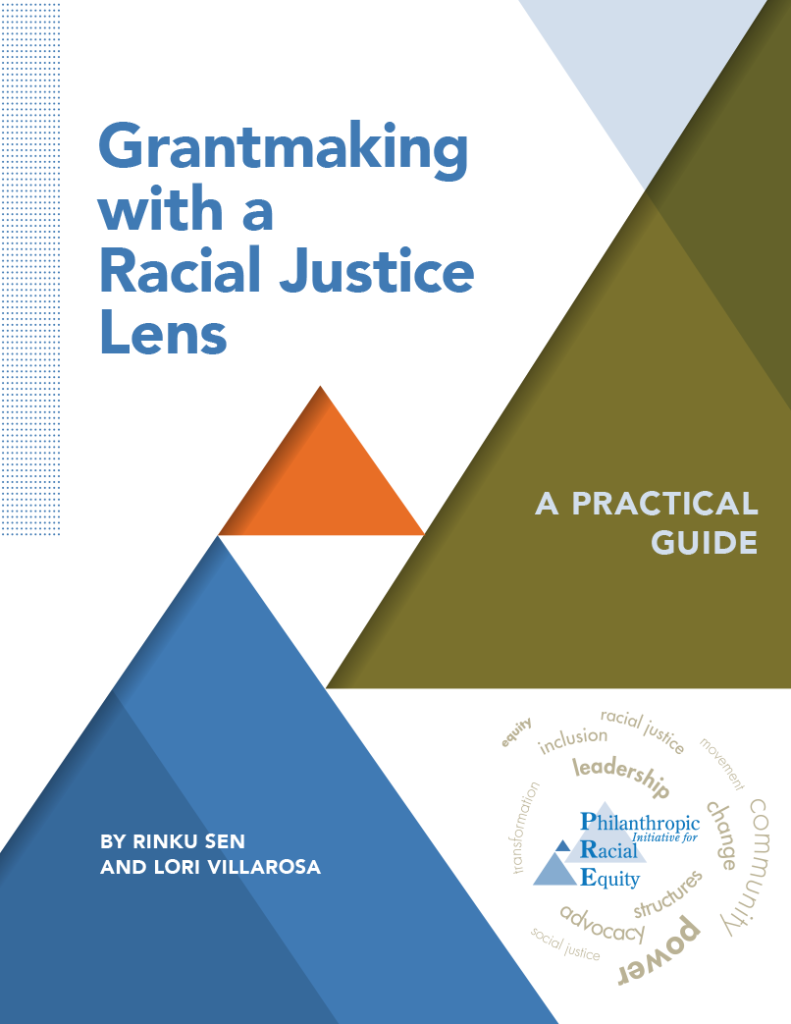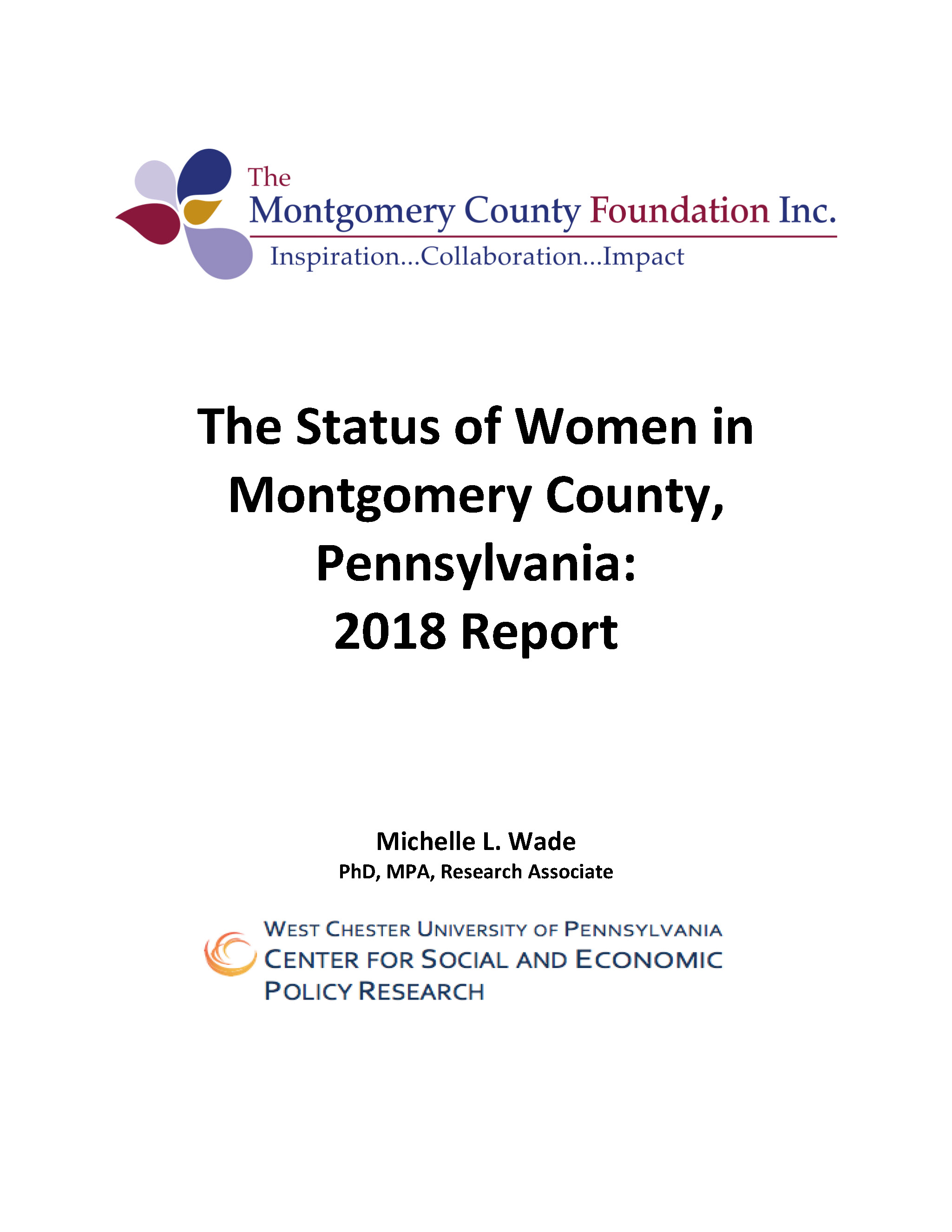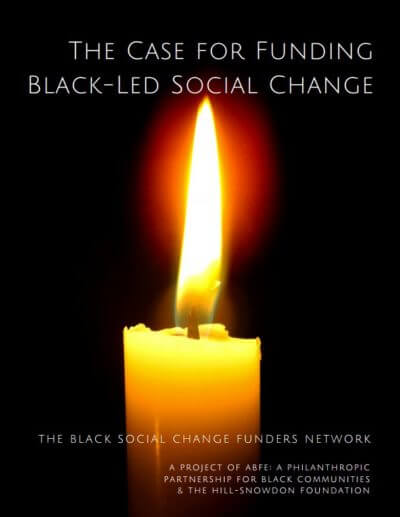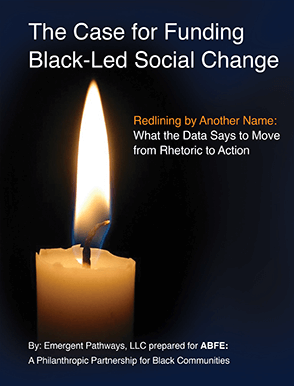Site Search
Search Tip: Search with " " to find exact matches.
Op-Ed: Families Need Child Care Resources Now More than Ever
Co-written by Josh Maxwell, Vice Chair of the Chester County Board of Commissioners, and Michelle Legaspi Sanchez, Executive Director of the Chester County Fund for Women and Girls
From Reaction to Action – Using all Resources to Inform Racially Equitable Corporate Philanthropy
Strong Foundations: Financial Security Starts with Affordable, Stable Housing – A Research Primer
This new comprehensive research primer from Aspen Institute EPIC draws on extensive review of the research literature, engagement with more than 100 experts, and analysis of federal survey data.
Building Impact: A Closer Look at Local Cross-Sector Collaborations for Education
LIVESTREAM WATCH PARTY: Sharing Innovation
Grantmaking with a Racial Justice Lens: A Practice Guide
Grantmaking with a Racial Justice Lens: A Practical Guide centers the perspectives of racial justice activists first, and then of funders working on change in their institutions, to identify best practices for driving philanthropy beyond racial equity toward racial justice.
Fellowship Industry Report
Essentials for Effective Philanthropy - Overview: Greater Philadelphia Grantmaking Landscape
Racial Equity and Philanthropy: Disparities in Funding for Leaders of Color Leave Impact on the Table
Echoing Green and Bridgespan teamed up to research the depth of racial inequities in philanthropic funding.
Southeastern Pennsylvania Community Health Needs Assessment (CHNA)
(Executive Summary) A group of local hospitals and health systems convened to develop this first-ever Southeastern PA (SEP) Regional CHNA with specific focus on Bucks, Chester, Montgomery, and Philadelphia counties.
The Status of Women in Montgomery County, Pennsylvania: 2018 Report
The report is an in-depth baseline needs assessment of women in Montgomery County, PA and explores eight major areas affecting the lives of women: employment and earnings; work and family; poverty and opportunity; health and well-being; reproductive rights and infant health; violence and safety; political participation; and women veterans.
Diversity of Asset Managers in Philanthropy
For a decade, Knight Foundation has been intentional about identifying high quality, diversely-owned asset managers when investing its endowment. In response to frequent questions from a variety of stakeholders into the performance of the charitable sector regarding this issue — the questions arising from the general lack of data — Knight Foundation asked Global Economics Group to assess the representation of diverse asset managers among foundations.
The Case for Funding Black-Led Social Change: Case Statement
The Case for Funding Black-Led Social Change intends to spark new energy to vitalize and strengthen the infrastructure for Black-led organizations. The 18-page document was issued by the Black Social Change Funders Network (BSCFN), an initiative forged by the leadership of ABFE: A Philanthropic Partnership for Black Communities and the Hill-Snowdon Foundation.
Census Update from the Bauman Foundation #1 (4.9.18)
Race influences professional investors’ financial judgments
Results of an online experiment suggest that underrepresentation of people of color in the realm of investing is not only a pipeline problem, and that funds led by people of color might paradoxically face the most barriers to advancement after they have established themselves as strong performers.
2018 Diversity Among Philanthropic Professionals Report
In 2018, Funders for LGBTQ Issues set out to survey the board and staff of foundations in order to identify how many LGBTQ people worked in philanthropy. In the process, the organization realized that it had an opportunity to not only ask about sexual orientation and gender identity but also to inquire about a range of personal identifiers. With the inaugural Diversity Among Philanthropic Professionals (DAPP) Survey, Funders for LGBTQ Issues asked participants to identify their role within their foundation, their age, gender identity, sexual orientation, race and ethnicity, and disability status. This report lays out the results of the DAPP survey in aggregate form.
The Case for Funding Black-Led Social Change: Redlining by Another Name: What the Data Says to Move from Rhetoric to Action
ABFE: A Philanthropic Partnership for Black Communities (ABFE), recently conducted a study to learn how leaders of Black-led social change organizations in the United States and U.S. Territories describe their interactions with institutional philanthropy.
What’s Race Got to Do With It? Equity and Philanthropic Evaluation Practice
An increasing number of foundations are embracing racial equity/equity as a core value, and it is influencing how they see themselves and operate. However, evaluation has for the most part remained untouched. Knowing how race/racism has influenced both, philanthropy and evaluation, deepens our understanding of how philanthropic evaluation practice may unintentionally reinforce racism. Equitable evaluation shifts the current evaluation paradigm to one that centers equity/racial equity, so that it is more aligned with the values and intentions of current day philanthropic endeavors.



